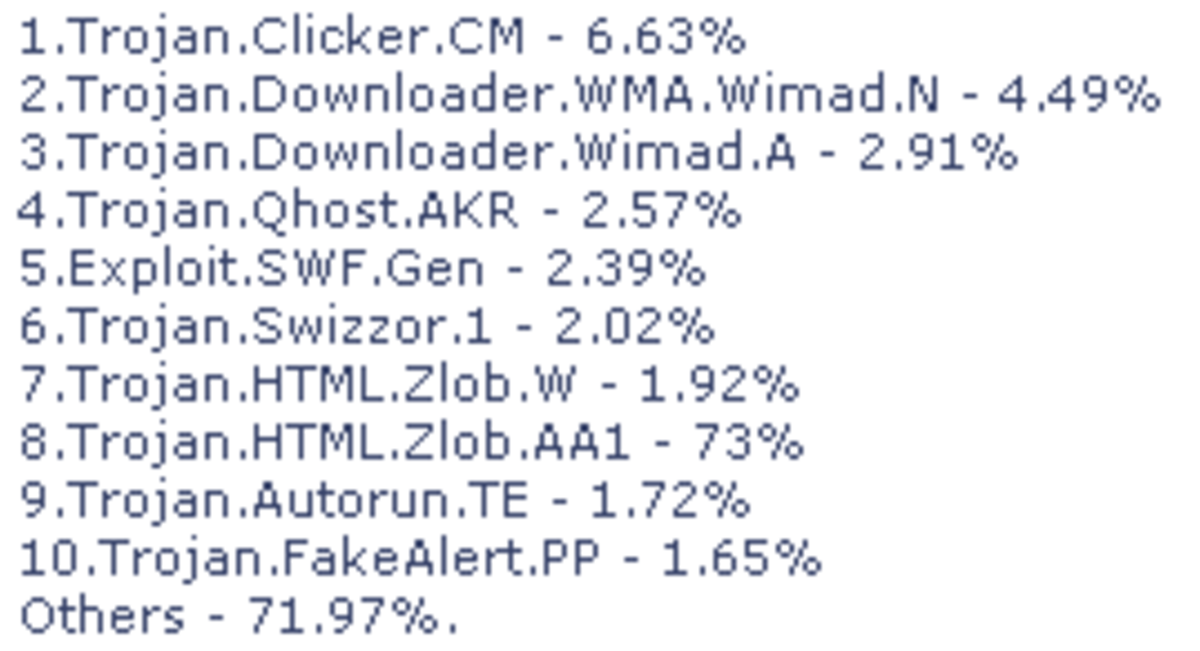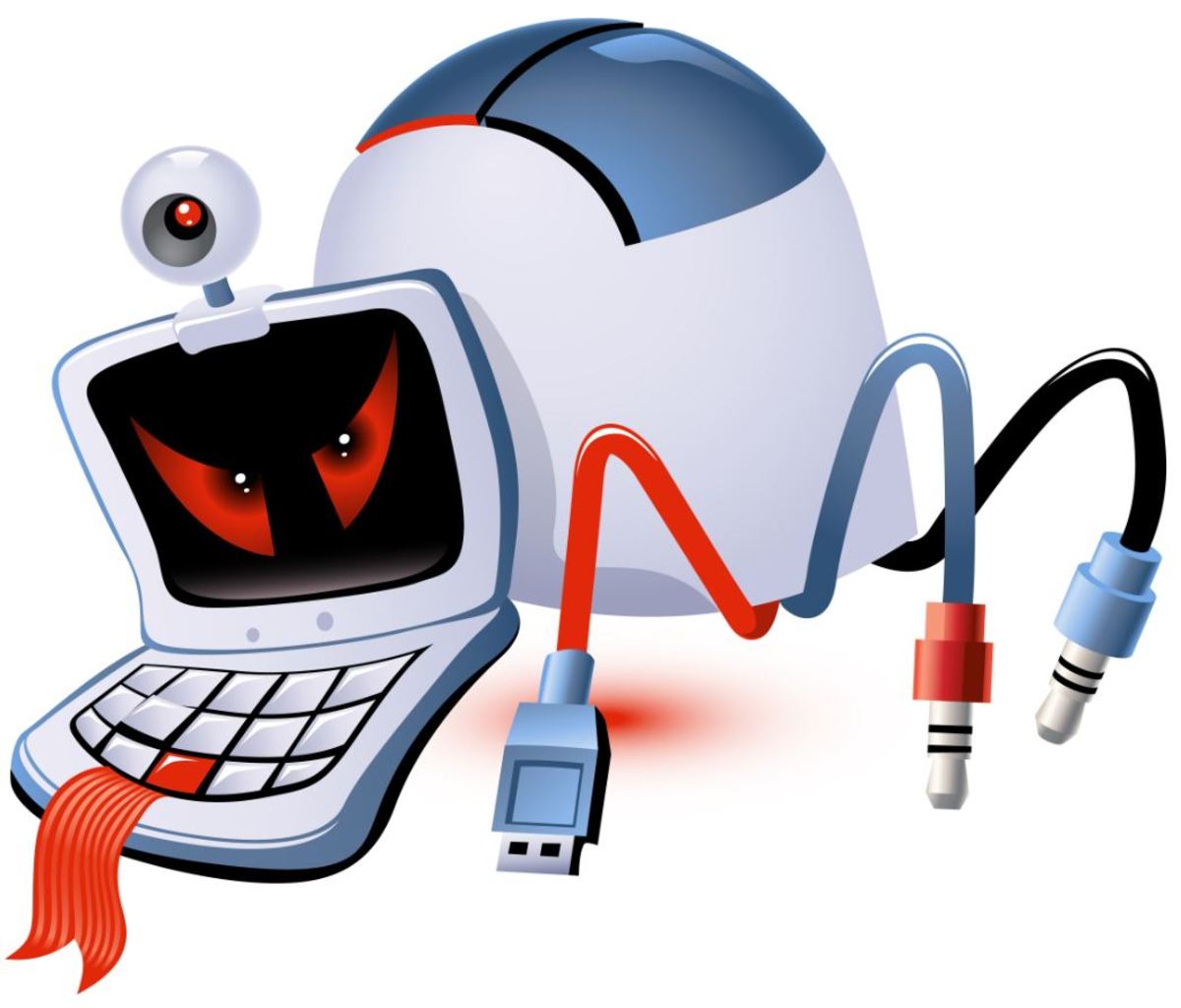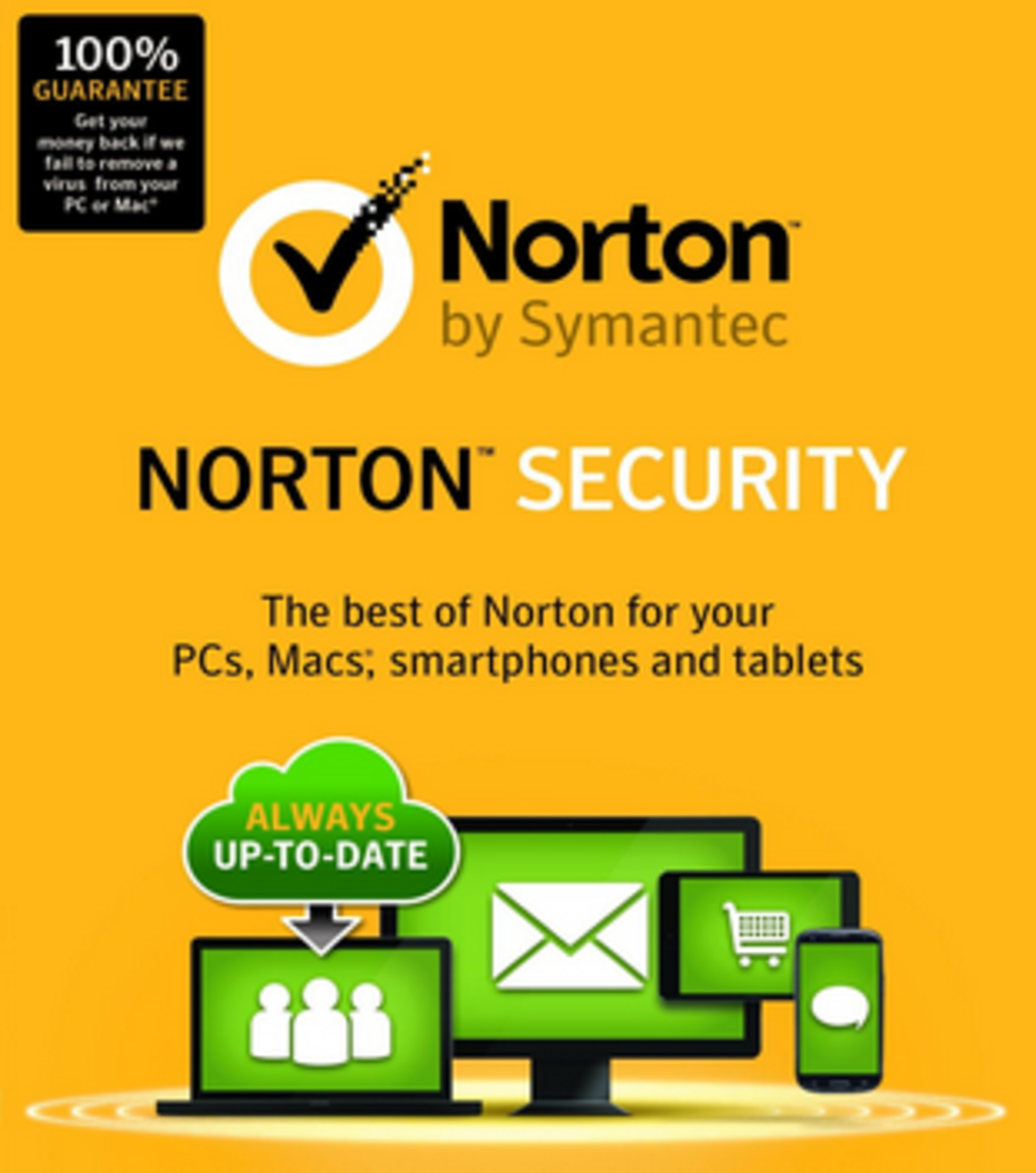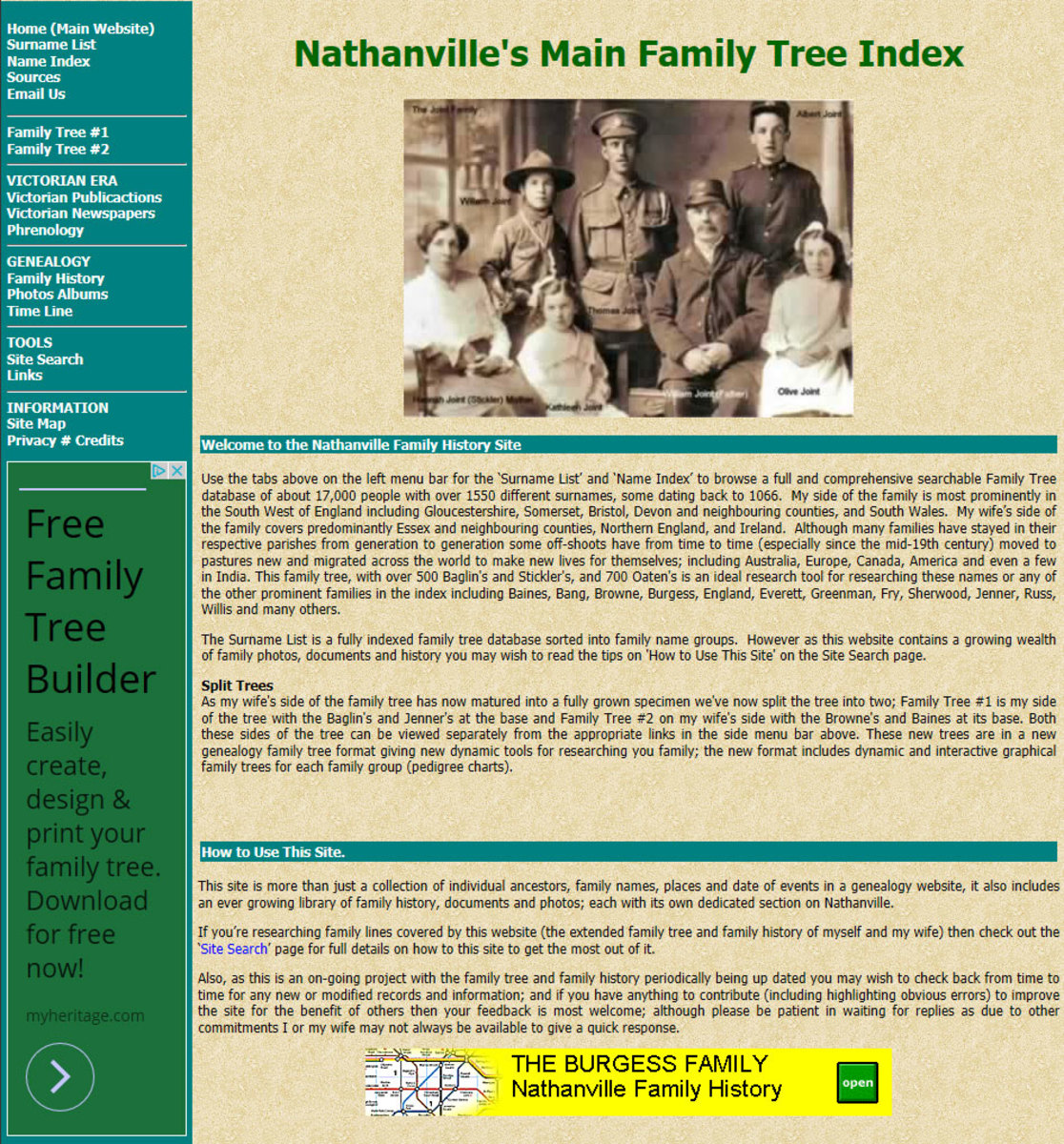Key Features of Best Antispyware Programs
Why People Search for Best Anti Spyware
I guess there's more than just one answer to this question. My idea is that antispyware programs are still little exposed to the web surfers. The notion of spyware itself is vague; probably most of web savvy users know it has something to do with privacy invasion and identity theft, stolen credit cards numbers and spying. Spyware is infection and it should be removed by all means - that's the common understanding of this parasite phenomenon.
When a PC owner realizes he or she needs an antispyware program, then the further action is clear: look for the best anti spyware!
est antispyware certainly is a way more popular search term than "good" or "cool". An it is the reason for misuse of this term.
There are endless options for manipulation of people's hopes. Fake review websites promise to provide independent antispyware test results, but all they do just put that very spyware onto visitors' computers. Creators of rogue security programs push their scam products to fool as many innocent victims as possible.
Sadly, the key term "best antispyware" is quite normal by itself, but because of the above mentioned reasons it often delivers meaningless results when searched for in Web Search Engines.
Antispyware Poll
Do you have antispyware installed?
But I'm not here to discourauge you in your attempts to find best antispyware suitable for your needs. Vice versa, I will create best antispyware software list with key features crucial to really good programs.
Word of caution though: consider the listed features in their entirety, without giving too much weight to one or two criteria. Thus, I insist that you should not take the detection rate as the only important data with real sense behind it.
Key Features of Best Anti-spyware Programs
Here's what to look for when you're after the best antispyware.
1. Updates.
Updating antispyware software is crucial to ensure its consistency and permanent protection capability. Ideally updates should be delivered to your copy of the program several times a day, or at least daily. Of course, updates that take place two or free times a week are still OK, but if it takes a month for the vendor to realease a new portion of antispyware signatures, you should reconsider using that program.
Pay attention to how updates are delivered to your desktop. Are they downloaded and installed automatically, in set-and-forget mode? Or do you have to download them manually? What's the size of updated definitions? Remember, that incremental updates are usually very small allowing for bandwidth saving.
Some software vendors still offer two ways to update antispyware program: via automatic online service from within the software itself, or by downloading new definitions manually. This is convenient if you want to maintain updated antispyware protection on a computer without Internet access. Then you can download updates onto a thumb drive or a portable USB hard drive and then transfer files to the target PC.
2. Detection rate.
This is a highly debatable criterion. A common misconception is that 99.4% test result is better than 97.2%. This is far from being true. Higher detection rate does not necessarily mean the best antispyware.
Testing environment is always subjective. It's possible to create such a test box that almost any antispyware will show best results it is apt to. Configuring test machines is what makes programs rank higher or lower.
Therefore while it's useful to compare several programs judging by their test scores, I would not attribute too much of importance to detection rate. High scores might equally be as good as not-so-high results.
3. Certification plans.
ICSA Labs certifies antispyware programs which means they're trusted and reliable. However, currently there are only 4 antispyware products certified by ICSA. I believe the process of passing certification is complicated and needs a lot of time to complete, that's why software companies go along without ICSA checkmarks. Anyway, I have no reasons to expect uncertified antispyware to perform worse than their luckier competitors that passed the certification.
4. System resources usage.
Somehow it looks like many software programmers pay little or no attention to how their programs work in real-life conditions. I know very well that not every computer contains quad processors and tons of memory under the hood. Therefore it is very good if anti-spyware tends to use little CPU and RAM. Well, during scans the peaks can go up, but in idle mode of resident protection 100% of CPU usage is insane. Antispyware is there to protect your computer, not to make it a resource hog.
5. Configuration options.
Simplicity is the key to success, but still it's nice to see that programmers took the time to think about savvy users as well. Advanced options are a must when it comes to setting computer security. Default configuration makes life easier for most of us, but a user should be provided with the option to tweak any particular setting with no hassle. Basically two modes of setting configuration are a sign of well-programmed antispyware.
6. Scan time.
This is yet another highly arguable criterion of best anti-spyware. Normally it is thought that fast scans are cool because they take less time to complete. However, fast does not equal to thorough. I believe that the quality of scanning engine is far more important than the time it takes to look over the hard drive.
Remember also that antispyware scan time depends on a number of factors:
- size of hard drive and other media;
- number of files, their fragmentation;
- physical state of storage media (bad clusters, slow spinning, etc);
- antispyware engine;
- number of detected infections;
- antispyware scan configuration (type of scan);
- type of Operating System;
- CPU speed and random access memory size;
- file system;
- Front Side Bus of the motherboard;
- more...
It is important to know about these factors because they alone can impact the scan time.
7. Types of scan.
Best antispyware programs feature several types of scans. Sometimes they're called modes. Basically you should distinguish between quick, deep and custom.
- Quick scan means that only certain areas of the hard drive will be checked for spyware. Usually these are Windows system folders, registry, program folders and the root of the Operating System.
- Deep scan (also known as thorough) checks every file on the hard drive. Often painfully slow no matter how powerful your system is.
- Custom scan is performed based on the options you specified. Some common options are: file exclusion, folder exclusion, ability to specify logical drives, etc.
Often you'll find antispyware programs offering smart scan option. Every software manufacturer puts it different, therefore I cannot tell you what in particular is tested in smart mode. The concept of smart scan can vary from company to company greatly, but usually it's all about checking common system files and Windows registry. Smart scan takes a lot less time than deep, and allows to detect most spyware quickly. However, only deep scan can find every single bit of spyware.
8. Installation Setup.
The way the setup of the antispyware is compiled means a lot to end-users. Installation process should be streamlined and simple, but that's not all.
Best anti-spyware will install a database of spyware definitions to start the antispyware protection immediately. Of course the database that comes with the software is by no means updated, but it's better than no definitions at all. Some manufacturers say that they exclude the definitions to make the setup file smaller, while promising that fresh definitions can be updated whenever the computer goes online. But not every computer has 24/7 Internet connection, and my experience shows that manufacturer's servers sometimes go down, too. That's why I believe that a built-in antimalware database is a nice feature.
9. Compatibility issues.
Ideally antispyware program should work flawlessly with any antivirus (if you have one). This means that really best antispyware should be tested by the manufacturer to work with at least most popular antivirus software on the market. There's nothing worse than having a dilemma what to turn on: antispyware or antivirus, but not both. All security programs should work side-by-side, protecting your PC in the background from the time the computer is started.
10. Price!
Looks like I put the price factor among the latest criteria, but I'll explain why I didn't start with it. First, there are free antispyware programs available, though not many in number, but still. Second, the price has little to do with the efficiency of antispyware. Most software companies offer antispyware solutions for under $30 per year subscription. Sometimes you will find a lifetime updates option, and sometimes you can get discount coupons to get your copy for under $20.
Again, my purpose is not to list the cheapest antispyware programs. I only name the features that make antispyware software really useful, reliable and allow it to become an integral part of total PC security.
What's Important in Best Antispyware (11...)
11. Reliability.
Reliable antispyware program not only detects and removes malware, but also protects itself from malware attacks. It keeps its modules loaded in system memory and provides them with reserved space to have a shield against attempts of certain types of malware (like trojan viruses) to unload the resident antispyware protection.
12. Scheduling.
This is obligatory. A user should have option to configure scheduled operations like updating and scanning. When it comes to scan schedule, there should be an option to specify the type of scan. Also it is good if the antispyware program automatically checks its servers for latest updates before running a scheduled scan.
13. Real-time Protection.
This is absolutely crucial if you do not want to rely solely on scheduled or manual scans. Real-time monitoring involves the use of resident module that loads itself into system memory on Windows startup, and sits there for as long as the system is ON. Resident scanner performs loads of work: it checks all opening and running processes for malicious code and associations with malware. Normally you will have 1 icon in the tray are that may display its status: active or disabled. Effective real-time protection is one of the most technologically complicated parts of the antispyware program, therefore only companies that employ a team of IT pros and programmers can create this component in a proper way.
14. Background Guard System.
Only advanced technologies can ultimately protect the system from malware intrusion. Background Guard significantly enhances the performance of Realtime Protection module by analyzing all running applications and processes for traces of unknown malware. Why is it unknown? Because there's no yet an updated definition that contains records describing a new threat. No matter how fast Security Labs work, there's always a certain delay before antispyware definitions are updated. Therefore best antispyware manufacturers include a Background check to ensure that all activity inside PC is being monitored for both known and unknown threats. Background guard tries to detect presence of malware by analyzing connections between files, network activity, registry modifications, etc. When something suspicious is detected, the antispyware control center will warn the user about possible danger. It's up to the user either to ignore the warning message, or agree to stop the suspicious process. Developing such preventing systems is costly and time-consuming, thus quite few software makers can afford to maintain this type of antispyware module.
What it Takes to Make Best Antispyware Software
The history of antispyware program making counts less years than that of antivirus software development. However, the threats of spyware may even exceed that of conventional viruses.
Creating and maintaining antispyware requires a lot of dedicated work.
- IT experts analyzing the threats in the wild and deciding which is serious enough to make a cure for it. At its final stage, this means a new definition is created and issued to desktop copies of the software.
- Programmers coding the engine and interface, modules and resolving compatibility issues, fixing bugs etc.
- Designers working to make the program interface streamlined, friendly and easy-to-use.
Spread the word
If you find this hub useful, spend a minute to bookmark it and refer your online buddies. That way you will help to stop the spread of ugly coded, malfunctioning and overpriced antispyware programs.








